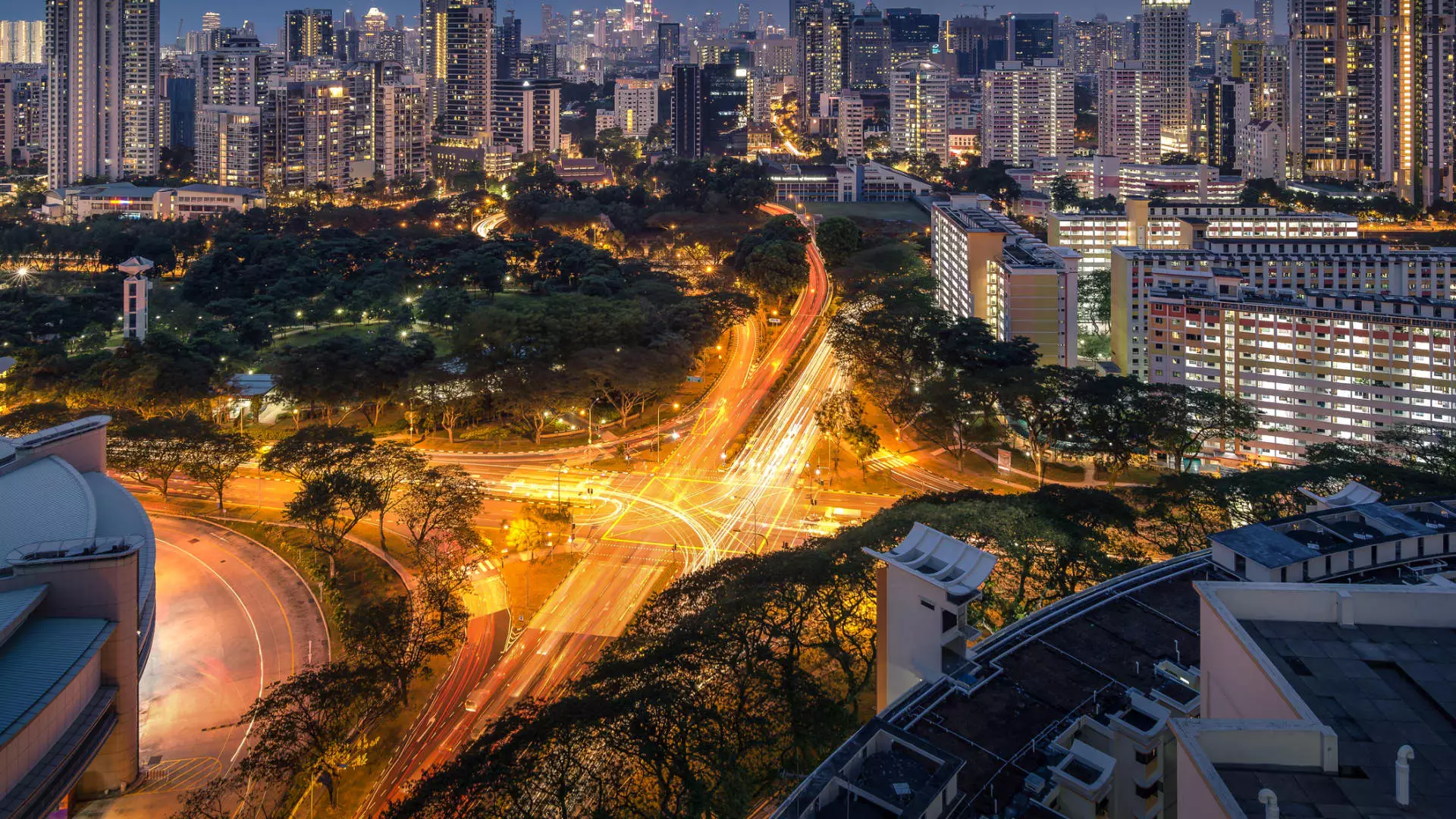In a surprising shift, Singapore’s private home prices have experienced their first decline in five quarters, as recent data from the Urban Redevelopment Authority (URA) has revealed. This downturn, signaling potential shifts in the housing market, has raised alarms among stakeholders who were previously witnessing a steady rise in property values. The preliminary report indicates that the private home price index dropped by 1.1% in the last quarter, a stark contrast to the positive growth observed in earlier quarters of 2023.
The decline in home prices represents a reversal from earlier gains made during the second quarter, which many had hoped would lay the groundwork for continued growth. In comparison to the same timeframe in 2023, the year-to-date statistics show only a modest increase of 1.1% in prices, significantly lower than the 3.9% rise recorded in the previous year. This downward trend suggests a market correction amid an overall dip in sales transactions, which fell by approximately 11% in the third quarter compared to the previous quarter.
Data indicates a worrying trend in sales transactions as well, with a year-on-year reduction of 8.1% noted for the initial three quarters of 2024. As potential buyers become increasingly wary, market dynamics may shift towards a buyer’s market, leading to further implications for both developers and investors. Notably, some prospective homeowners appeared to stall their buying decisions in anticipation of possible interest rate cuts from the U.S. Federal Reserve. Such external economic variables can significantly influence local sentiment and behavior in Singapore’s property sector.
Despite easing from recent highs, mortgage rates in Singapore are anticipated to remain elevated when compared to the historical lows of the past decade, prompting the URA to advise caution among households considering property purchases. This advisory highlights the necessity for financial prudence, suggesting that even as the international economic landscape evolves, local buyers should carefully assess their financial commitments and long-term sustainability when entering the property market.
In light of the ongoing fluctuations in the private housing market, the government and local housing authorities, such as the Housing and Development Board (HDB), have reaffirmed their dedication to maintaining stable and sustainable market conditions. Their proactive measures include monitoring transactions closely and being ready to adapt policies to safeguard against volatility. Interestingly, while private home prices experience a decline, resale prices for HDB flats have shown resiliency, with a notable increase of 2.5% in the third quarter alongside a significant surge in resale transaction volumes.
As Singapore grapples with evolving market conditions, stakeholders must remain vigilant concerning macroeconomic influences and local housing dynamics. The recent downturn in private home prices coupled with fluctuating sales volumes suggests caution ahead. With ongoing monitoring and potential policy adjustments from authorities, the future trajectory of the property market remains uncertain, yet critical to the overall economic landscape of Singapore as it adapts to these new challenges.

